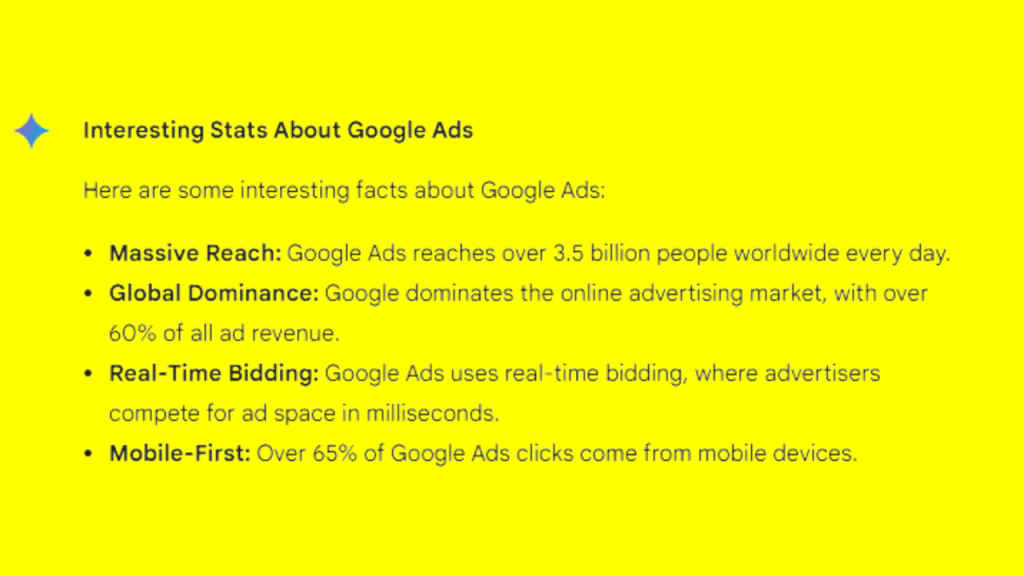Google’s online ad empire in peril, as second US antitrust trial begins

Barely a month after a damning verdict by a US judge that labelled Google an illegal monopoly in online search, US government prosecutors have begun a second antitrust trial against Google – this time accusing it of being a monopoly in online advertising and controlling its related tech infrastructure.
The outcome of the trial, many experts quoted in reports believe, has the potential of ending Google’s dominance in the online advertising market. In terms of the worst case scenario, from Google’s perspective, a forced-sale of Google Ad Manager – Google’s advertising hub and exchange – isn’t out of the question.
Pausing Google’s online advertising engine
The US Justice Department’s current lawsuit against Google is specifically directed at its ad business, which at its core sells advertising space on third-party online publishers. According to Statista, Google’s ad revenue amounted to over $230 billion just in 2023. Google generates this colossal advertising revenue through its Google Ads platform, which enables advertisers to not just display ads, but also product listings and service offerings across Google’s extensive ad network (properties, partner sites, and apps) to billions of web users across the world.
Also read: Google ruled an illegal monopoly: Impact on future of Search and Big Tech
So every still ad or sponsored listing you see when you search for something on Google’s search engine, or video commercial that annoyingly interrupts your YouTube video, from unsolicited ads in your Gmail inbox to sponsored business location on Google Maps, it’s nigh on impossible to escape from Google ads if you’re navigating across most popular web pages, apps and videos online.
Prosecutors of the antitrust lawsuit claim that Google’s advertising technology dominates the digital landscape, facilitating the delivery of news and information through over 150,000 ad transactions per second, according to Reuters. According to Gemini, Google’s AI chatbot, Google Ads reach over 3.5 billion people every single day, Google dominates the online advertising market with over 60% of all ad revenue, and over 65% of all Google Ads clicks come from mobile devices.

As much as 64.6% of people click on Google Ads when they are looking to buy an item online in the US, according to online advertising platform Wordstream. And a whopping 33% of all mobile ad spending dollars go to Google, according to one report. Google pockets about 30 cents of every dollar spent on the display ads every single time. After reading all that, I think it’s fair to think that Google appears to be quite big in the online advertising space.
“Google is not here because they are big, they are here because they used that size to crush competition,” Julia Tarver Wood, an attorney with the Justice Department’s antitrust division, was quoted by Reuters in an opening statement of the antitrust lawsuit trial against Google’s ad business that began in Alexandria, Virginia, USA on Monday. She further accused Google of anti-competitive practices, including acquiring competitors and imposing restrictive terms that left customers with relatively few alternatives for online advertising.
While the trial against Google only began earlier this week, the original antitrust lawsuit against the big tech search giant was filed in 2023 jointly by the US Department of Justice along with eight other US states – California, Colorado, Connecticut, New Jersey, New York, Rhode Island, Tennessee, and Virginia.
Also read: Google’s antitrust cases in India: A brief history
The aim of this antitrust trial against Google is simple: prosecutors of the antitrust case want to “restore competition” and obtain “equitable and monetary relief” for the American public, according to a report in the Computerworld. Previously, and in unrelated instances, online publishers like The New York Times and USA Today have been quite vocal about the harmful impact of Google’s advertising dominance severely impacting their own business model’s ability to compete fairly in the marketplace.
In his statement, Assistant Attorney General Jonathan Kanter of the US Justice Department’s Antitrust Division wants to hold Google accountable for its actions, explaining how Google drove out rivals, reduced competition and inflated advertising costs, ultimately adversely affecting news publishers and content creators over a 15 year period. Google responded by calling this latest antitrust lawsuit a “flawed argument” by the US government.

In his company’s defence, Dan Taylor, Google’s VP for global ads, argued that Google is among “one of hundreds” that are in the business of buying and selling advertising all over the World Wide Web – pointing to similar actions by several of Google’s competitors like Amazon and Microsoft in a long blog post.
For now, we’ll have to wait and see how this case develops, how prosecutors try to prove Google’s monopolistic practices in online advertising, and how Google tries to defend itself against what’s looking like a series of antitrust lawsuits against Big Tech giants in the US.
Jayesh Shinde
Executive Editor at Digit. Technology journalist since Jan 2008, with stints at Indiatimes.com and PCWorld.in. Enthusiastic dad, reluctant traveler, weekend gamer, LOTR nerd, pseudo bon vivant. View Full Profile




